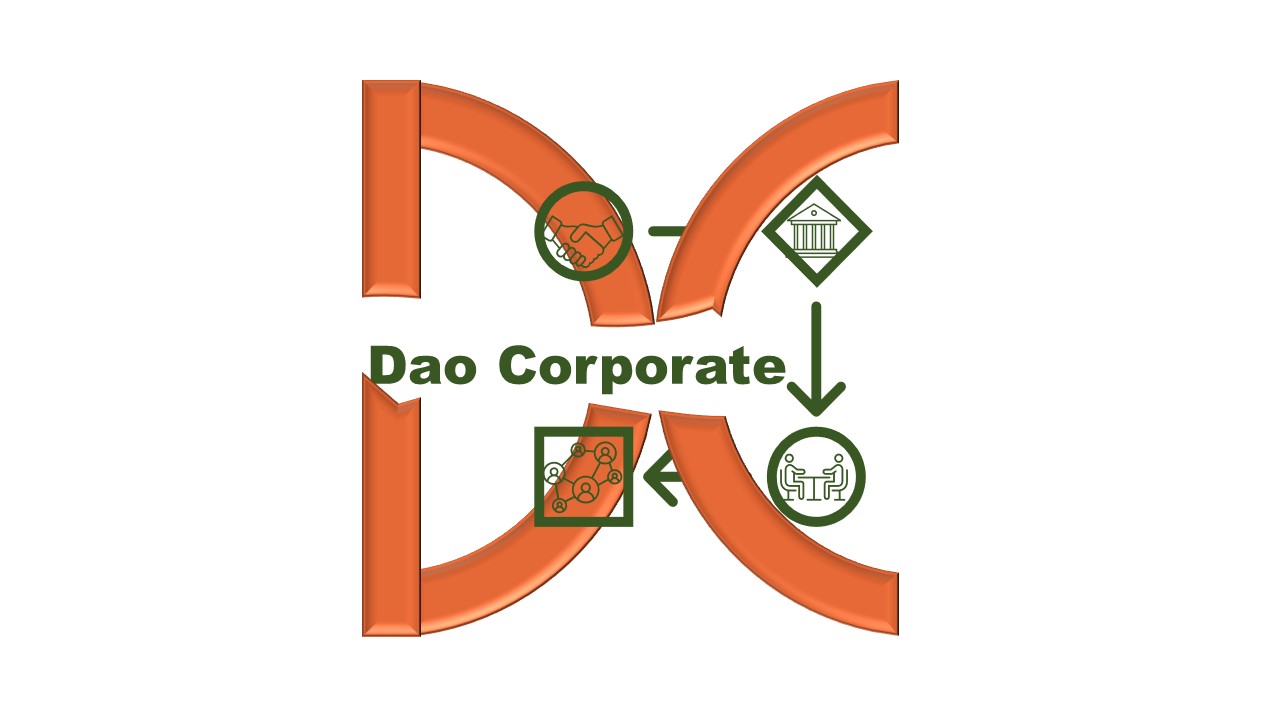Real estate development involves the process of acquiring, planning, designing, financing, constructing, and managing physical structures or improvements to land. The goal is typically to add value to the property and meet the demands of the market. Real estate developers play a central role in coordinating and overseeing these activities. Here are key components of real estate development:
- Land Acquisition:
- Identifying and acquiring suitable parcels of land based on factors such as location, zoning regulations, and market demand.
- Market Analysis:
- Conducting market research to understand current and future demand for various types of real estate in a specific location.
- Feasibility Studies:
- Assessing the financial viability and feasibility of a development project, considering factors such as construction costs, potential revenue, and market trends.
- Land Use Planning and Zoning:
- Working with local authorities to ensure that the proposed development complies with zoning regulations and land use plans.
- Design and Planning:
- Collaborating with architects, urban planners, and engineers to design the layout and structure of the development, considering aesthetics, functionality, and environmental impact.
- Financing:
- Securing funding for the project through a combination of equity, loans, and other financial instruments.
- Entitlement and Approvals:
- Obtaining necessary approvals and entitlements from government agencies, which may include environmental permits, zoning variances, and other regulatory clearances.
- Construction Management:
- Overseeing the construction process, including hiring contractors, managing timelines and budgets, and ensuring quality control.
- Marketing and Sales:
- Developing a marketing strategy to promote the property to potential buyers or tenants.
- Managing sales or leasing activities to secure occupants for the developed property.
- Property Management:
- Handling ongoing operations and maintenance of the property after completion.
- Managing relationships with tenants, handling repairs, and ensuring the property’s ongoing value.
- Sustainability and Green Building:
- Integrating environmentally sustainable practices and green building technologies into the development process.
- Risk Management:
- Identifying and mitigating potential risks associated with the development, such as economic downturns, regulatory changes, or construction delays.
- Community Engagement:
- Engaging with the local community to address concerns, communicate project benefits, and foster positive relationships.
- Legal Considerations:
- Addressing legal aspects, including contracts, permits, and compliance with local, state, and federal laws.
- Exit Strategies:
- Planning for potential exit strategies, such as selling the developed property, holding it as a long-term investment, or entering into joint ventures.
Real estate development can encompass various types of projects, including residential, commercial, industrial, and mixed-use developments. Successful real estate development requires a combination of financial acumen, strategic planning, project management skills, and a deep understanding of the local real estate market and regulatory environment. Developers often work with a team of professionals, including architects, engineers, financial analysts, and legal advisors, to bring a project from concept to completion.



